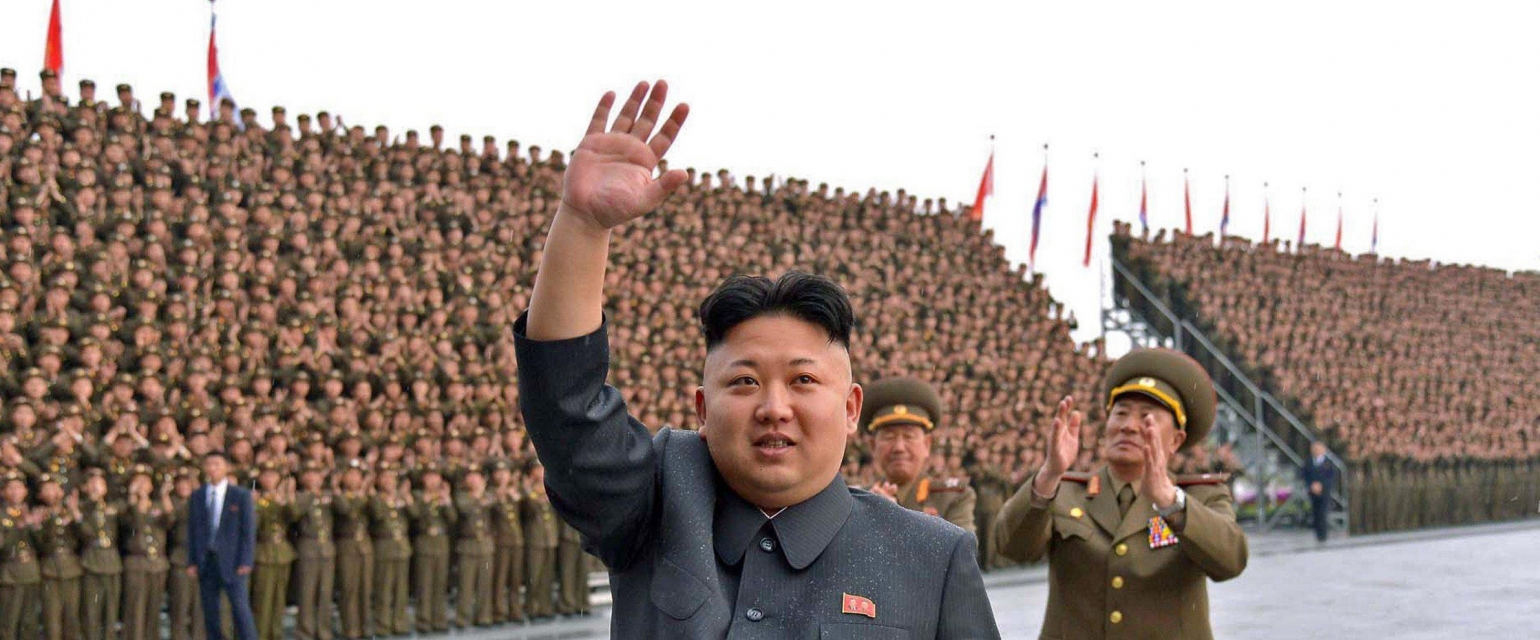

Last week saw increased international security concerns as North Korea claimed to have tested a hydrogen bomb and the conflict between Saudi Arabia and Iran took another turn for the worse. However, there has been no credible evidence that North Korea actually did test such a device, and even if it did, little is known of the weapon's characteristics. Similarly, Saudi Arabia's provocative behavior could be nothing more than a show of force. Even so, Russia cannot ignore either of these events and the risks that they bring.
The balance of power in the Middle East
Officially, the Kremlin has taken a neutral position, calling on Saudi Arabia and Iran to show restraint and negotiate. In all likelihood, however, their future model of behavior has not been fully developed, and even the involvement of a majority of regional players will not solve such a dilemma.
For Moscow, Iran is one of its most important partners in the Middle East. Both countries are fighting terrorists together in Iraq and Syria. Moreover, because terrorism represents an existential threat to both states, they could cooperate against terrorism and other areas as well, such as in Afghanistan and Tajikistan.
On the other hand, Saudi Arabia stands in opposition to Russia in Syria, is said to be one of the key sponsors of international terrorism, and supports the sharp fall in energy prices that has blown a hole in the Russian budget.
At the same time, realistically it is just such a neutral position that Moscow needs to take. Firstly, taking part in the conflict directly on Iran's side would seriously complicate Russia's relations with other Arab states, primarily those that, like Egypt, have decided not to support Saudi Arabia's position and have not broken off relations with Iran.
Secondly, Iran does not need Russia's help in its conflict with Saudi Arabia. It is clear that if current trends in the region continue, Riyadh would lose a war of attrition.
Thirdly, Moscow is not interested in seeing the Kingdom of Saudi Arabia suddenly and rapidly collapse, as this would strengthen Iran too much. And the Kremlin needs a balance of power in the region. However, taking a position of neutrality certainly does not mean ignoring and keeping out of the conflict.
Even so, there is not going to be a major armed conflict between the two regional powers in the near future. Saudi Arabia's aggression should be seen not as the prologue to a major regional war, but as actions aimed at building a wider anti-Iranian coalition in the region.
North Korea's nuclear tests
North Korea has announced its latest nuclear test – this time a hydrogen device that, according to the North Korean authorities, brings the country's capabilities to “a new level.”
Continue reading at Russia Direct
What does Kadyrov bring to the table? Political stability. In 2009 counter-terrorist operations of “national significance” were wound up in Chechnya. The separatists had either been physically eliminated (Aslan Maskhadov, Shamil Basayev), were in exile (Akhmed Zakayev) or had switched sides (Magomed Khambiev). The number of terror attacks, despite being an ever-present threat, declined steadily from year to year.
The beginning of Ukranian peace talks is an important step for all sides. Kremlin's stand should also be taken into account given how strongly Russia and Ukraine are connected.
It is most likely that, after 2014, the situation in Afghanistan will develop according to the “Iraqi Scenario,” repeating the series of events after the U.S. troops withdrew from that country. This means the continuation of terrorist activity against a background of a relatively stable central government that protects the state system without the help of foreign troops.
If Russia holds out until 2020 and all attempts by its enemies to bring it to economic collapse, chaos, and disintegration fail, then we can be certain that the era of Western dominance has ended. Thus, international relations will officially enter a new era.